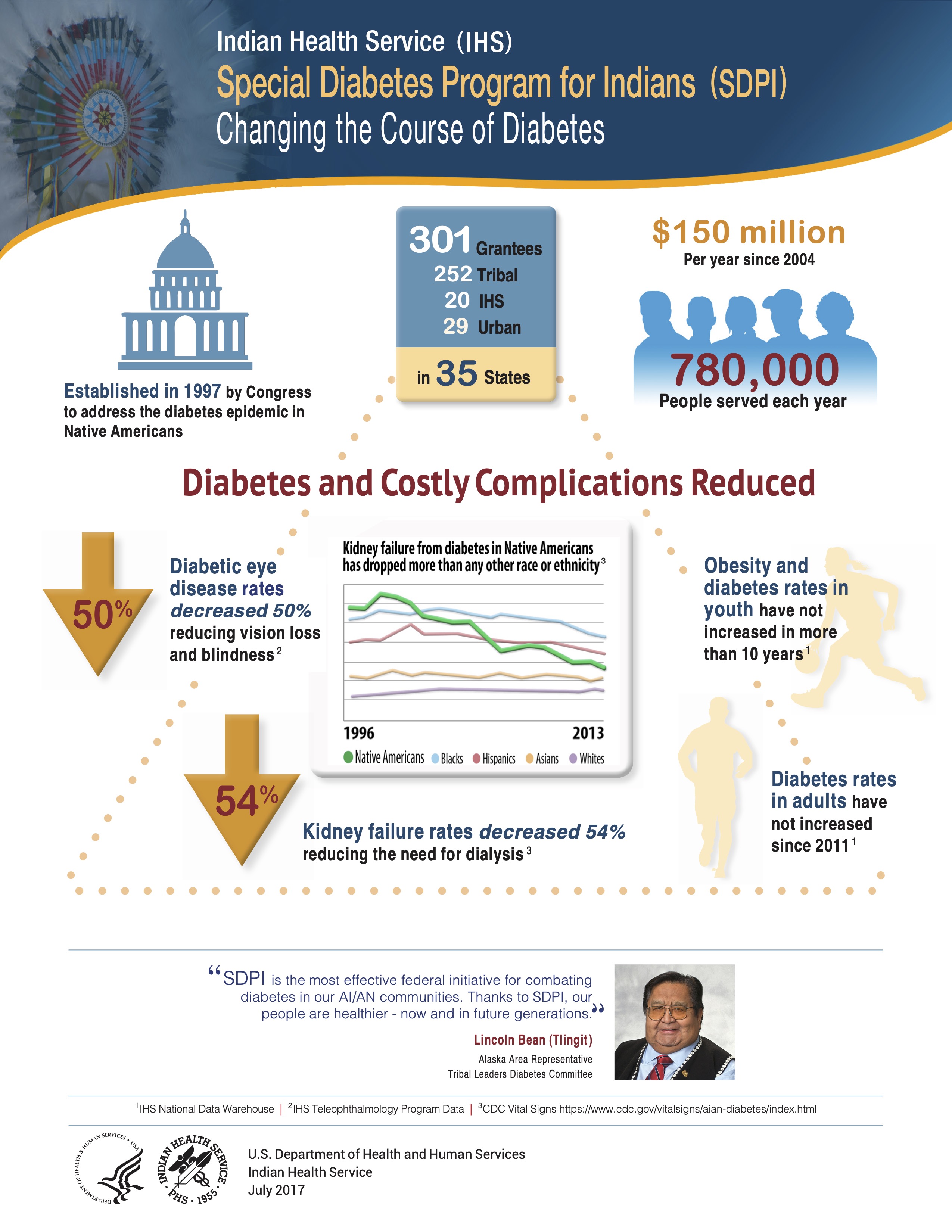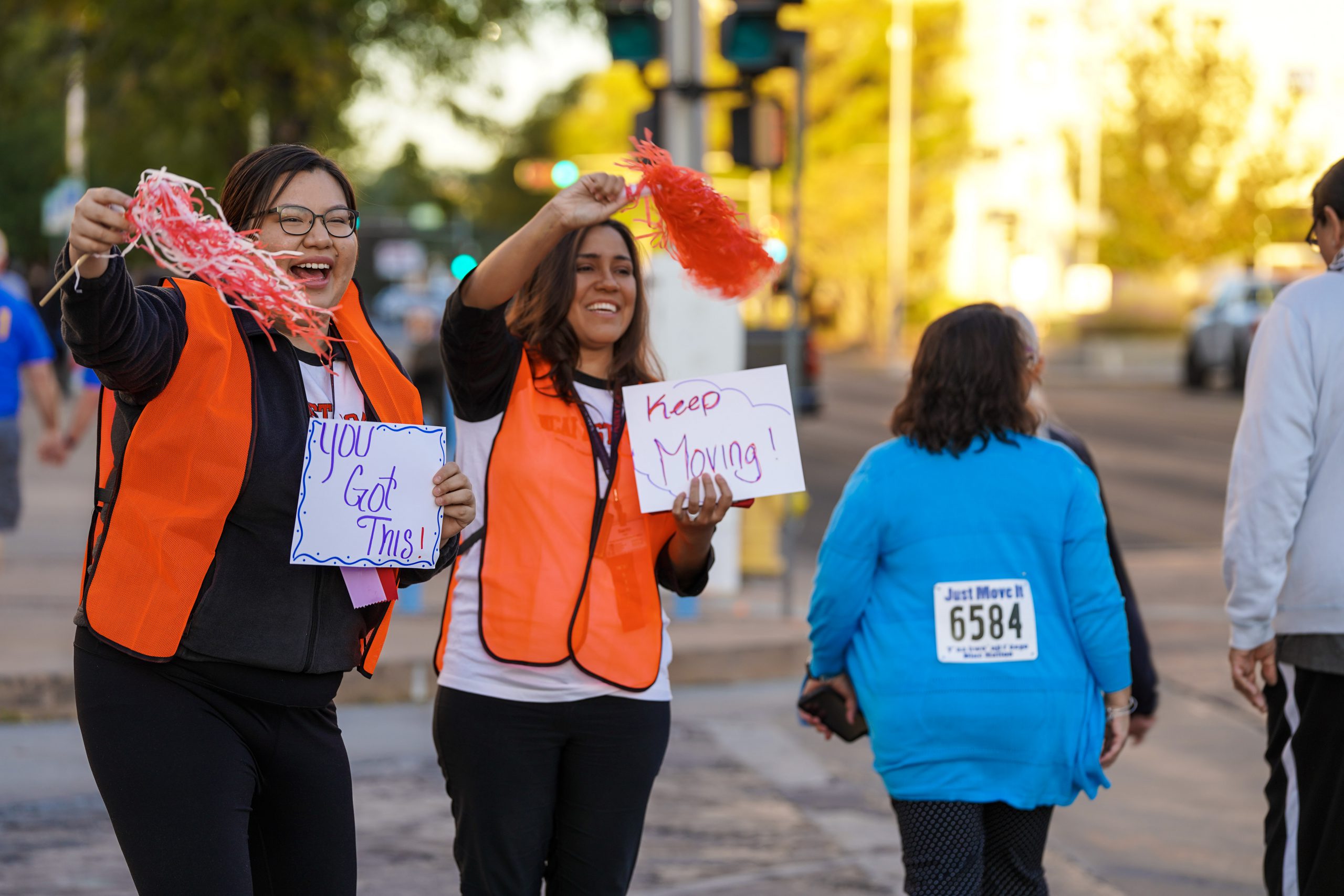
But as the weekend drew to a close, Trump relented and signed H.R.133 into law on Sunday. Even though he is leaving office in less than month, he said he would send a “formal rescission request” to Congress, demanding cuts in federal programs whose funding levels had already been secured by bipartisan agreement. He also reiterated his call to increase COVID-19 payments to $2,000 per individual, up from $600 provided by H.R.133. Democrats in the U.S. House of Representatives quickly took him up on the offer and passed a new bill with the higher amount on Monday. “I know what it’s like to struggle to make ends meet and the torture folks feel when deciding which bills to pay and how they’re going to put food on the table,” Rep. Deb Haaland (D-New Mexico), a citizen of the Pueblo of Laguna who relied on food stamps while raising her child as a single mother, said in the evening after the vote on H.R.5091, also known as the Caring For Americans With Supplemental Help, or the CASH Act. “We’ve been fighting for this for months, and finally, the president came around after he blocked negotiations since summer,” added Haaland, who is set to make history as the first Native person to lead the Department of the Interior for the incoming Joe Biden administration.ICYMI: Donald Trump is threatening to blow up the $900 billion #COVID19 relief and federal funding bill, one that keeps Indian Country programs up & running, fulfilling the trust & treaty responsibility. He says the bill is filled with "wasteful spending."https://t.co/oLDgAnNKRb
— indianz.com (@indianz) December 23, 2020
Missing from the entire affair was Rep. Markwayne Mullin (R-Oklahoma), a citizen of the Cherokee Nation. In a video on social media, he said he was “stuck” in an airport and wasn’t able to make it to the U.S. Capitol in time for votes on Monday. Mullin, however, insisted that he was “standing with President Trump” when it came to a different bill — one that funds the U.S. military. He said he would not vote to override Trump’s veto of H.R.6395, the National Defense Authorization Act for Fiscal Year 2021, also known as the NDAA. “I apologize about that,” Mullin said of his absence from the proceedings in Washington, D.C. Mullin, who has been in office since 2012, was left stranded by his own party though. Trump’s stance on the military funding bill failed to sway Republicans, most of whom joined Democrats in overriding the president’s veto. It was the first override in Trump’s first — and only term — as president. Not even Cole, who has become increasingly partisan over the course of the 116th session of Congress, could be convinced into standing with Trump. He described the veto as disastrous for America’s military. “If Congress does not enact the NDAA for fiscal year 2021, it will cost military families their extra combat and flight pay, effectively giving them an undeserved pay cut for Christmas and shamefully disregarding the selfless sacrifices they daily make to ensure our shared safety and security,” Cole said in explaining why he went against Trump. Fiscal year 2021 formally started on October 1, so lawmakers were behind schedule when it came to the defense bill, and with the appropriations bills for federal agencies like the Indian Health Service, which administers the Special Diabetes Program for Indians. The program began in 1997 to address disproportionately high rates of diabetes among tribes and their citizens. Since then, the grants provided by the SDPI have resulted in “remarkable progress” in Indian Country, according to the IHS. The agency’s 2020 report to Congress outlines the ways in which 404 programs in tribal and urban Indian communities have reduced diabetes among American Indians and Alaska Natives. “For the first time, diabetes prevalence in AI/AN adults has decreased – and has done so consistently for 4 years, dropping from 15.4 percent in 2013 to 14.6 percent in 2017,” the report states. “Neither the general United States population, nor any other U.S. racial/ethnic group has shown a decrease in prevalence.” “Diabetes-related mortality for AI/AN people decreased 37 percent from 54.2 per 100,000 in 1999 to 34.4 per 100,000 in 2017,” the report adds.Unfortunately, I am stuck in the Dallas airport and won’t be able to make it to DC for votes tonight. But please know I am standing with President Trump and I would not vote to override his veto. pic.twitter.com/jypaTTMHVf
— Markwayne Mullin (@SenMullin) December 28, 2020

Though H.R.133 is finally law, the story is not closed on the CASH Act. H.R.5091 still must be approved in the U.S. Senate, whose Republican leaders are reluctant to take up Democratic achievements, before the $2,000 payments can be sent to Americans. The Senate also must consider the NDAA override. Sen. Bernie Sanders (I-Vermont), a former Democratic candidate for president, said he will hold up the military funding bill unless the chamber commits to a vote on the CASH Act. “Let me be clear: If Senator McConnell doesn’t agree to an up or down vote to provide the working people of our country a $2,000 direct payment, Congress will not be going home for New Year’s Eve,” Sanders said of Sen. Mitch McConnell (R-Kentucky), the Senate majority leader. “Let’s do our job,” Sanders said.84% of Democrats want the Senate to pass a $2,000 direct payment
— Bernie Sanders (@SenSanders) December 29, 2020
73% of Republicans want the Senate to pass a $2,000 direct payment
74% of Independents want the Senate to pass a $2,000 direct payment
The House approved a $2,000 direct payment
Let the Senate vote, Mitch!
Legislative Hearing to receive testimony on S. 3126, S. 3264, S. 3937, S. 4079 & S. 4556 (September 25, 2020)
Witness list for Senate Committee on Indian Affairs hearing (September 22, 2020)
Senate Committee on Indian Affairs legislative hearing (September 21, 2020)
Native America Calling: Safeguards on Artificial Intelligence
NAFOA: 5 Things You Need to Know this Week
Chuck Hoskin: Cherokee Nation takes the lead for our environment
Native America Calling: Earth Day assessment for Native peoples
Cronkite News: Gathering addresses ‘epidemic’ among Native people
VIDEO: Cody Desautel on tribes and federal forest management
AUDIO: Legislative Hearing on Discussion Draft of Forest Management Bill
Native America Calling: Remembering the 1974 Navajo border town murders
Native America Calling: Can the right approach close the Native immunization gap?
Cronkite News: Long COVID cases remain high in Arizona
Native America Calling: Eyes in the sky for development, public safety, and recreation
Native America Calling: Three new films offer diverse views of Native life
NAFOA: 5 Things You Need to Know this Week
Chuck Hoskin: Cherokee Nation works toward cure for arthritis
More Headlines